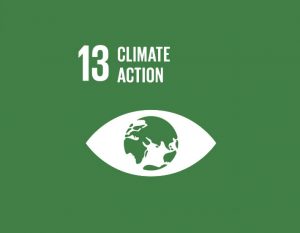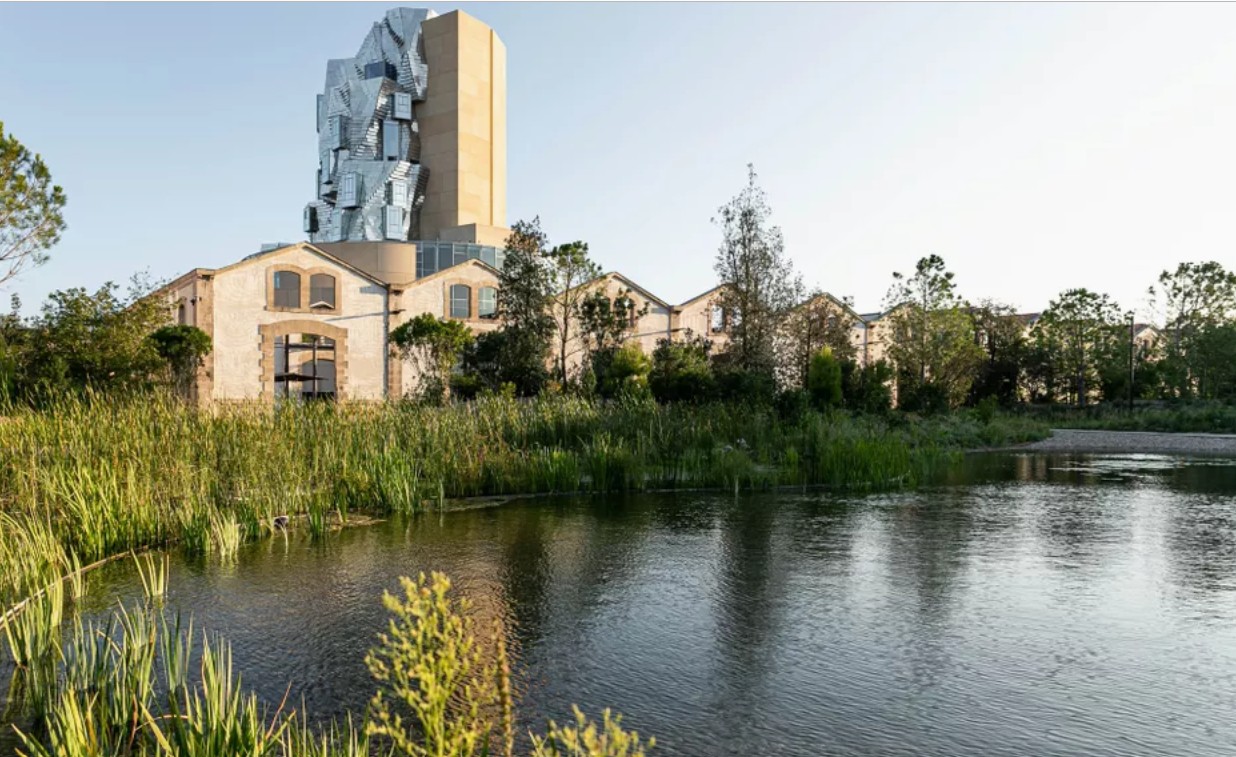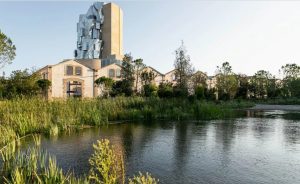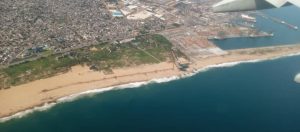Climate Week: Climate and Sustainable development actions: A key for Africa
Climate Week: Climate and Sustainable development actions: A key for Africa
Some 800 delegates from 59 countries, including ministers and other high-level government and in ternational officials, together with non-state delegates, offered their insights into the challenges and possible responses to climate change, and harvested those insights for consideration in the official international climate negotiation process. Explanation.
ternational officials, together with non-state delegates, offered their insights into the challenges and possible responses to climate change, and harvested those insights for consideration in the official international climate negotiation process. Explanation.
By Houmi Ahamed-Mikidache with UNFCCC
The collecting of views – under the banner of the year-long Talanoa Dialogue launched at negotiations in Bonn, Germany, in November 2017 – was a key part of Africa Climate Week that just concluded in Nairobi (Kenya). During this Africa Climate Week, co-organized with the African Development Bank and member of the Nairobi Framework Partnership ( NFP), from 9th to 13th April in Nairobi ( Kenya), some 800 delegates from 59 countries, including ministers and other high level expressed their responses to the threat of climate change, and harvested other insights for consideration in the official international climate negotiations process. Action on climate change and sustainable development together are the keys for the development of Africa.
The Nairobi Framework Partnership (NFP) is celebrating this year its 10th anniversary, as is the Africa Carbon Forum, which was launched by NFP to spur investment in climate action through carbon markets, mechanisms and finance.
The NFP members include: the African Development Bank, Asian Development Bank, International Emissions Trading Association, United Nations Environment Programme (UNEP), UNEP DTU Partnership, United Nations Conference on Trade and Development, United Nations Development Programme, UN Climate Change, and World Bank Group. Cooperating organizations include: Africa Low Emission Development Partnership, Climate Markets and Investment Association, Development Bank of Latin America, Institute for Global Environmental Strategies, Inter-American Development Bank, Latin American Energy Organization and West African Development Bank.
What was their messages exactly?
At the first regional Talanoa event since the launch in Bonn, delegates distilled their deliberations into key messages:
Finance – Public finance must be instrumental in unlocking private finance
Markets – Carbon markets are about doing more together, and doing more with less
Energy – Energy is a high priority, affecting everything. Financial instruments should be put in place to de-risk investment and enhance involvement in smaller and medium-sized enterprises
Sustainable Development Goals (SDGs) – Achieving the SDGs, including the climate one is the only way forward
Technology – Businesses are ready to pick up new technology solutions, provided there is a good business case. The voice of the private sector is needed now more than ever.
“We are engaged across most of the Sustainable Development Goals and clearly focusing on how to create synergy between the different goals and especially with the climate goal, which is essential for achievement of all the other goals,” said Erik Solheim, Executive Director, UN Environment, at the closing of the first Africa Climate Week, and of the Week’s cornerstone event, the 10th Africa Carbon Forum..
The Sustainable Development Goals
The UN’s 2030 Sustainable Development Agenda details 17 global goals covering poverty, hunger, health, education, climate change, gender equality, water, sanitation, energy, urbanization, environment and social justice.
“Africa can, should and will be the leader of ambitious climate change action in the world,” said David On’are, a Director at Kenya’s National Environment Management Authority (NEMA), citing a key message coming out of regional ministerial discussions that took place this week in Nairobi. “There is the need to raise ambition, interest, innovation and mobilize the necessary means of implementation to address climate change,” he added.
Countries agreed in Paris in December 2015 to limit global average temperature rise to 2 degrees Celsius and work toward a safer 1.5-degree goal. In coming to their agreement in Paris, countries also recognized that success will require broad-based climate action by all sectors of society, both public and private, and by individuals.
“To achieve our goals, we need more ambition and action. Not just by national governments—they cannot do it on their own—but by all levels of government, business, investors and everyday people working together,” said Patricia Espinosa, Executive Secretary, UN Climate Change, at a high-level session on Thursday. “The good news is that momentum is picking up and we’re beginning to see the transformational shifts we need.”
Share this content:









